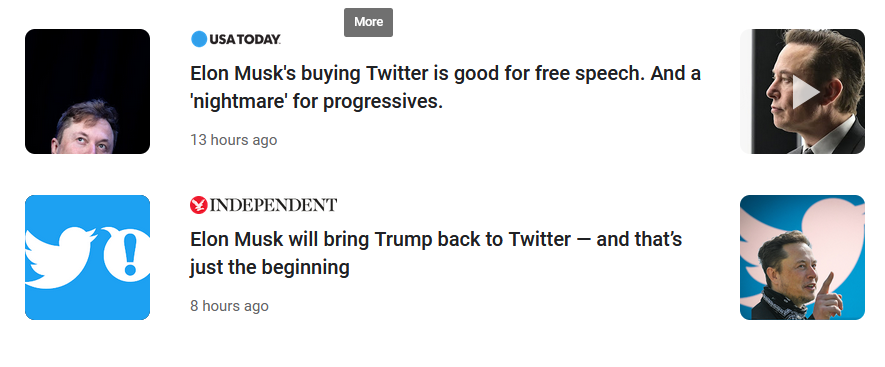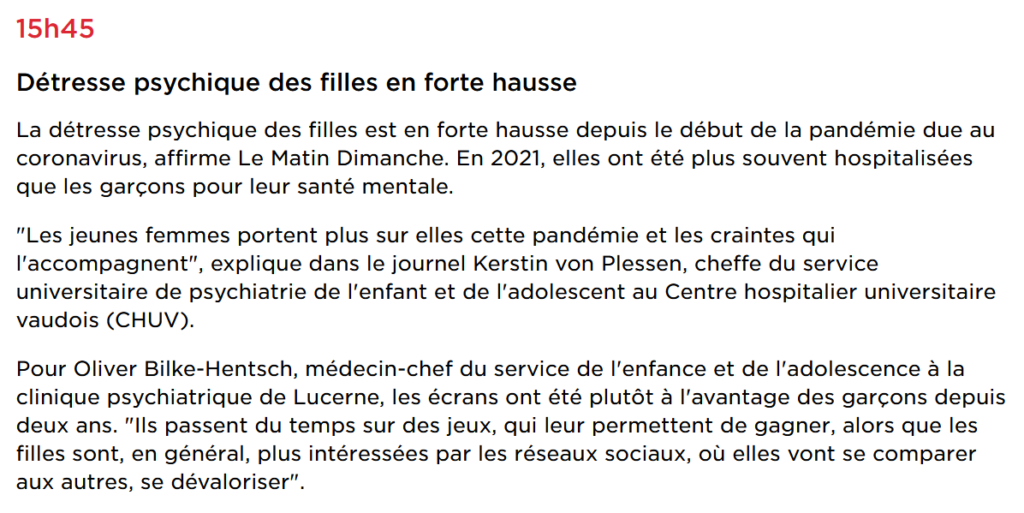The Decline of Twitter
Twitter is alive and healthy, with vibrant communities and an opportunity to converse with people and find information that mainstream media are sometimes slow to report on. Over the last week that balance is swinging towards less positive times.
In Europe, freedom of speech, and freedom of expression require people to say things that they can back up with evidence and facts. If you say something that is demonstrably false, or demonstrably misleading then you are held to account for this.
In the US they believe that freedom of expression includes the freedom to lie with impunity, to spread disinformation and to mislead people, without consequences. By doing this society is vulnerable to tyranny and fascism. If we are told a lie that we want to believe then we are less likely to quibble its veracity. We will repeat the lie, and if we see people who enjoy the same lie, then we will repeat that they have told the same lie. Disinformation is a positive feedback loop of false information being spread as real information, once it gains enough traction.

By buying Twitter, and by saying that Twitter wants to bring freedom of speech, and freedom of expression Musk is saying something that we all value and think is important. The problem though, as I have mentioned above, is that the freedom of expression that Musk is talking about, is not a European freedom, but an American one. It is suspected that he would bring back people like Trump, and that he would make twitter a welcoming place for people to spread lies and disinformation, in impunity.
There is another larger scope to this conversation and that scope is that Twitter is a global social network used by over a billion people a day. During this pandemic it has allowed people who want to find information about the risks presented by Covid-19 to follow experts in their fields, to hear accounts from sufferers of Long Covid, and to get a global appreciation of the risks of the disease. When the WHO backs up what the experts have shared on twitter, and vice versa, when the information makes sense to our moral compass, then Twitter is a great resource for information. It should be protected. It should not be possible for one individual to buy a network with over a billion users.
“Free speech is the bedrock of a functioning democracy, and Twitter is the digital town square where matters vital to the future of humanity are debated,”
Source: https://www.nytimes.com/2022/04/25/technology/musk-twitter-sale.html
There are plenty of ways in which people can be proponents of free speech. They can invest in education, they can invest in newspapers, they can invest in library projects and more. They can invest in making sure that people are granted free and equal access to information. You don’t need to buy a social network to promote free speech. Remember that freedom of expression comes with the obligation to be well-informed, and knowledgeable. His “freedom” is to spread rumours and opinions. These undermine, rather than help democracy. I believe that he wants dismantle the gatekeepers, so that it is even more challenging for people to have access to trustworthy information.
On Monday, he tweeted that he hoped his worst critics would remain on Twitter, because “that is what free speech means.” He added in his statement that he hoped to increase trust by making Twitter’s technology more transparent, defeating the bots that spam people on the platform and “authenticating all humans.”
Source: https://www.nytimes.com/2022/04/25/technology/musk-twitter-sale.html
When Google bought Jaiku, and when Facebook bought Instagram we stayed on the networks. Jaiku eventually became Google+ but Google+ was then dumped. Instagram, after being bought by Facebook lost its soul. Instead of being a network of friends, and friends of friends it became a network of adverts and influencers. I dumped the network because I no longer derived pleasure from the network.
Now onto Twitter. Musk “… tweeted that he hoped his worst critics would remain on twitter because ‘that is what free speech means.'”. Free speech isn’t about whether we stay on a platform or leave. It is about the freedom to be on a network that is not owned by someone we do not trust. It is about being on a network that is not owned by a temperamental individual. It is about being on a platform we trust, with values we cherish. I do not value the US values of “free speech”, I value the European ones, that include accountability. Remember the first line of the New York times’ article is “The world’s richest man succeeded in a bid to acquire the influential social networking service, which he has said he wants to take private.”
Anyone valuing democracy should be worried by that sentence. Within the article they say that Twitter has 220 million daily users. He would take the conversation of 220 million people, and control the network they use, privately. This should not be possible.
Mr. Musk has made some of his intentions clear in regulatory filings, tweets and public appearances: The company must scrap nearly all of its moderation policies, which ban content like violent threats, harassment and spam. It must provide more transparency about the algorithm it uses to boost tweets in users’ newsfeeds. And it must become a private company.
source: https://www.nytimes.com/2022/04/25/technology/twitter-employees-elon-musk.html
I will finally leave you with the quote above. Do you want to be on a social network without moderation? I do not. That’s why I don’t use other platforms. I am ready to leave twitter, when the time comes. I have been ready to do so for years.







